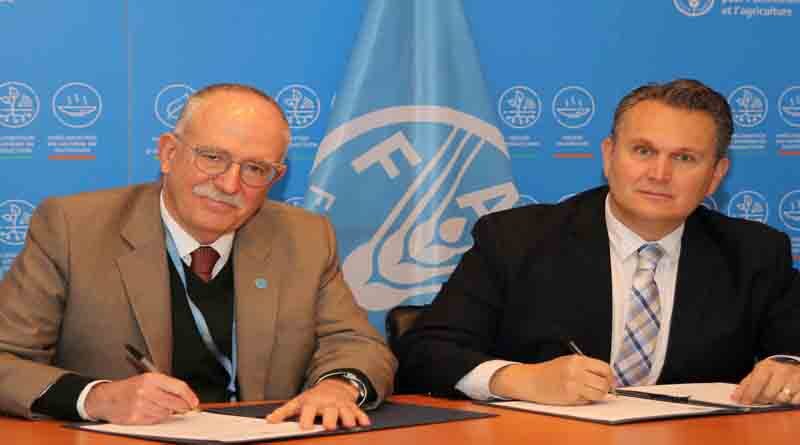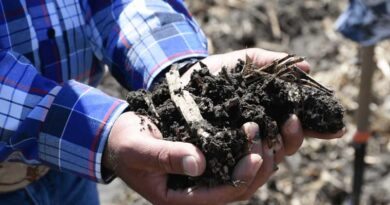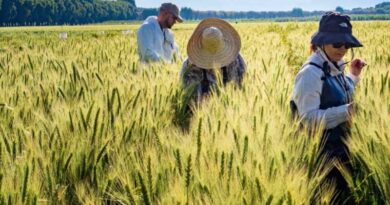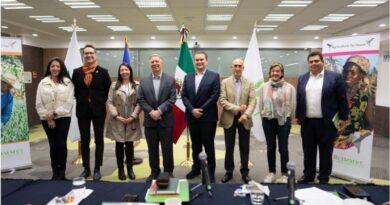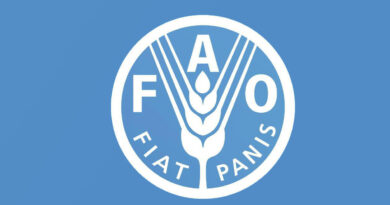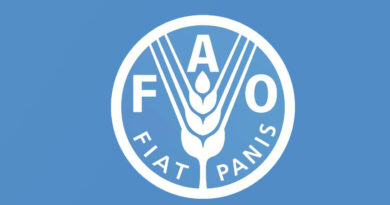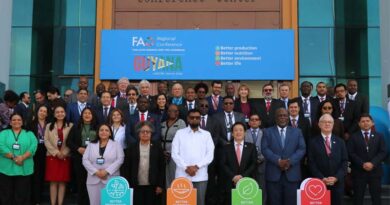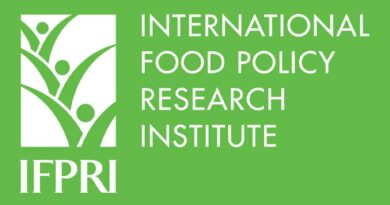FAO and CGIAR work to further science and innovation in agrifood systems in Latin America and the Caribbean
20 July 2022, Santiago, Chile: To further mainstream science and innovation in the agrifood systems of Latin America and the Caribbean, and to drive their sustainable transformation, FAO and CGIAR will seek to join their efforts.
The Regional Representative of the Food and Agriculture Organization of the United Nations, Julio Berdegué, met with the Regional Director for Latin America and the Caribbean of the world’s largest global agricultural innovation network CGIAR, Joaquín Lozano, to discuss ways in which FAO and CGIAR can strengthen their collaboration.
“Science and innovation are indispensable for improving agrifood systems. Without them there is no transformation of agrifood systems. In the last FAO Regional Conference, I made a commitment on behalf of FAO, that in this region every project would be an engine of innovation,” said Berdegué.
Lozano recalled that, for more than 50 years, CGIAR has been a global leader in agriculture science and innovation for development: “The CGIAR Centers around the world have benefited, through research and scientific results, hundreds of millions of poor people.”
The two organizations discussed ways to work together in Latin America and the Caribbean to incorporate science and innovation and to implement systemic and specific solutions to achieve more efficient, inclusive, resilient, and sustainable agri-food systems, for better production, better nutrition, better environment and a better life, leaving no one behind.
Both parties also indicated their interest in maintaining close communication and actively seeking opportunities for engagement between scientists and innovators from CGIAR Centers working in the region, and FAO technical teams at the regional and country level.
This could be achieved through the establishment of a dialogue mechanism where technical teams can share their expertise to accelerate the integration of science and innovation into programs and projects in the field.
In addition, both organizations coincided in the high priority they give to facilitating such access to scientific results and innovations relevant to the Central American Dry Corridor and the Andean region.
The wide presence and engagement of FAO at the sub-regional and country level, together with the CGIAR current portfolio of initiatives being launched, can leverage the support given to overcome the challenges faced by Latin America and the Caribbean.
“FAO’s new strategic framework recognizes science, innovation, and data as three of the four accelerators to maximize our efforts to meet the Sustainable Development Goals. By working more with CGIAR, we can advance along these lines to achieve greater impact,” Berdegué added.
“Through the new vision of the One CGIAR, we aim to work with key partners at the global, regional and local levels to advance and deepen the role of science in making the agri-food systems more efficient, sustainable and responsive to the needs of humankind. FAO is a key partner in this endeavor, and I very much look forward to enhancing our valuable collaboration in Latin America and the Caribbean,” Lozano said.
Also Read: World Food Prize Foundation Announces New Director of Communications

